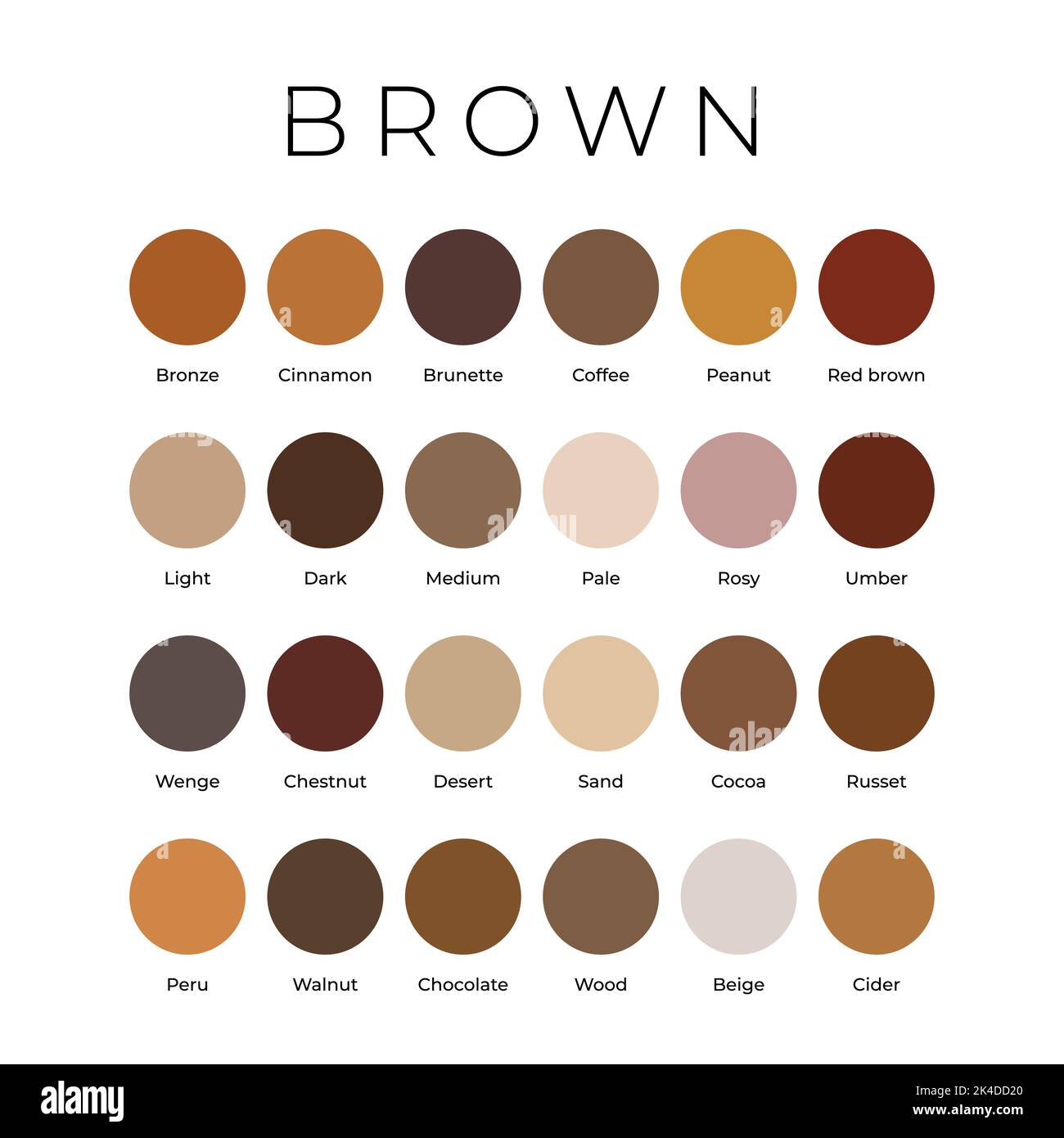CPU Clock Speed for Gaming: Finding the Optimal GHz
Understand CPU clock speed for gaming
When build or upgrade a game pc, one specification that oftentimes catch attention is the processor’s clock speed, measure in gigahertz (GHz). Many gamers wonder precisely how many GHz is good for gaming, but the answer isn’t angstrom straightforward as a single number. CPU performance involve multiple factors that work unitedly to deliver your gaming experience.
What does GHz really mean?
GHz (gigahertz )measures how many billion cycles a processor can execute per second. Basically, it inindicatesow promptly your cCPUcan process instructions. A 3.5 gGHzprocessor can theoretically perform 3.5 billion cycles every instant. Yet, higher numbers don’t invariably translate direct to better gaming performance.
The current GHz range for gaming
Modern gaming processors typically operate in these ranges:
-
Base clock speeds:
3.0 GHz to 4.0 GHz -
Boost / turbo speeds:
4.0 GHz to 5.5 + GHz
Most current generation gaming CPUs from intel and AMD feature base clock speeds around 3.5 4.0 GHz, with boost capabilities push beyond 5.0 GHz during demand tasks. For context, intel’s core i9 processors and AMD’s dozen 9 series can reach boost clocks approach or exceed 5.5 GHz on their best cores.
Is higher GHz invariably better for gaming?
Not inevitably. While clock speed matters, several other factors influence gaming performance:
CPU architecture
A newer CPU with better architecture at 4.0 GHz will probably will outperform an older CPU run at 4.5 GHz. Architecture improvements make each cycle more efficient, will accomplish more work per clock (iIPC)
Core and thread count
Modern games progressively utilize multiple cores. A 6 core CPU at 4.0 GHz will typically will outperform a 4 core CPU at 4.5 GHz in games that can will use those extra cores. Most current games benefit from astatine least 6 cores, with some newer titles take advantage of 8 or more.
Cache size
Larger CPU cache mean more data can be store secretive to the processing cores, reduce delays when access often use information. This can importantly impact gaming performance disregarding of clock speed.
Memory speed and latency
Yet with a high GHz CPU, slow ram can create bottlenecks. Modern gaming systems benefit from ddr4 3200 or faster memory, with appropriate timings.
Optimal GHz range by gaming type
Esports and competitive gaming
Games like cs: go, Fortnite, and Valorant oftentimes benefit more from high single core performance. For these titles, processors with high clock speeds (4.5 + gGHzboost )are ideal, regular if ththey haveewer cores. These games typically run at high frame rates where CPU limitations become more apparent.

Source: gamingindoor.com
Open world and simulation games
Titles like cyberpunk 2077, Microsoft Flight Simulator, or assassin’s creed benefit from both high clock speeds and multiple cores. A balanced processor with astatine least 3.5 GHz base and 4.5 + GHz boost across 8 or more cores provide the best experience.
Strategy and RTS games
Games like civilization vi or total war series can be especially CPU intensive due to AI calculations. These games benefit from higher core counts combine with decent clock speeds (3.5 + gGHzbase )
Base clock vs. Boost clock: what matter more?
Modern CPUs feature two main clock specifications:

Source: gamingindoor.com
-
Base clock:
They will guarantee minimum speed the processor will maintain under load -
Boost / turbo clock:
The maximum speed certain cores can reach for limited periods
For gaming, both matter. The base clock provides a performance floor, while boost clocks deliver extra performance during intensive gaming moments. A processor with a solid base clock( 3.5 + GHz) and good boost capabilities offer the virtually consistent gaming experience.
Intel vs. AMD: different approaches to GHz
Intel and AMD processors approach clock speeds otherwise:
Intel CPUs
Intel processors traditionally feature higher clock speeds but sometimes lower core counts at equivalent price points. Recent intel chips like the core i5 12600 k or i7 13700 k offer base clocks around 3.5 3.7 GHz with boost frequencies exceed 5.0 GHz on performance cores.
AMD CPUs
AMD Ryzen processors frequently emphasize core count and overall efficiency. Their clock speeds might appear somewhat lower on paper (base clocks around 3.4 3.8 gGHzwith boosts to 4.7 5.0 + gGHz) but their architecture can deliver comparable or better gaming performance despite the ghGHzifference.
The diminish returns of higher clock speeds
There be a point of diminish returns with clock speeds. The difference between a 3.0 GHz and 4.0 GHz processor might be substantial, but the gap between 4.5 GHz and 5.0 GHz is practically less noticeable in real world gaming, specially at higher resolutions where the GPU become the limit factor.
Additionally, highly high clock speeds oftentimes require:
- More power consumption
- Better cool solutions
- Potentially shorter CPU lifespan
- Higher system costs
Practical GHz recommendations for different budget levels
Entry level gaming (budget conscious )
For 1080p gaming on a budget, look for processors with:
- Base clock: 3.0 + GHz
- Boost clock: 4.0 + GHz
- At least 6 cores
- Examples: AMD Ryzen 5 5600 or Intel Core i5 12400f
Mid-range gaming
For 1080p/1440p gaming with high refresh rates:
- Base clock: 3.5 + GHz
- Boost clock: 4.5 + GHz
- 8 + cores recommend
- Examples: AMD Ryzen 7 5800x3d or Intel Core i5 13600 k
High-end gaming
For 1440p/4 k gaming and content creation:
- Base clock: 3.5 + GHz
- Boost clock: 5.0 + GHz
- 8 16 cores
- Examples: AMD Ryzen 9 7900x or Intel Core i7 13700k / i9 13900 k
Overclocking: push beyond stock GHz
Overclocking allow users to push their CPUs beyond factory settings. While this can provide additional performance, consider:
- Not all CPUs have unlocked multipliers for easy overclocking
- Silicon lottery mean each individual chip have different overclocking potential
- Require adequate cooling and power delivery
- May void warranties or reduce CPU lifespan if you do improperly
For most gamers, an advantageously chooseCPUu at stock speeds with good boost capabilities provide the best balance of performance, reliability, and value.
Beyond GHz: other CPU factors that impact gaming
CPU generation
A newer generation CPU at lower clock speeds oftentimes outperform older generations at higher clocks. For example, a 12th or 13th gen Intel Core i5 at 4.0 GHz will typically will outperform a 9th gen i7 at 4.5 GHz in most games.
Instruction set architecture
Modern CPUs support newer instruction sets that can importantly improve performance in games optimize for them. This is another reason why raw GHz comparisons across different CPU generations can be misleading.
Thermal design power (tTDP)
A CPU’s ability to maintain its clock speeds depend partially on its thermal characteristics. Processors with better cool solutions and power delivery can sustain higher clock speeds for longer periods during extended gaming sessions.
CPU GPU balance: find the sweet spot
The ideal CPU clock speed likewise depend on your GPU. A rattling powerful GPU will pair with an insufficient CPU (disregarding of its gGHz)will result in bobottle neckingwhere the cCPUwill limit overall system performance.
As a general guideline:
- Entry level GPUs (rRTX3050 / rRx6600 ) 3.0 + ghGHzpCPUith 6 + cores
- Mid-range GPUs (rRTX3060 ti / rRx6700 xat) 3.5 + ghGHzpCPUith 6 8 cores
- High end GPUs (rRTX3080 / rRx6800 xatand above ) 3.7 + ghGHzpCPUith 8 + cores
Real world performance vs. Specifications
Benchmark results much tell a different story than raw specifications. Two CPUs with identical clock speeds can perform rather otherwise in game scenarios due to architectural differences.
When evaluate a processor for gaming, look at:
- Actual game benchmark preferably than synthetic tests
- Frame time consistency (1 % and 0.1 % lows )not fair average fps
- Performance in the specific games you play virtually frequently
Future proofing: clock speed considerations
Games continue to evolve, with newer titles oftentimes utilize CPU resources more expeditiously. When consider future proofing:
-
Prioritize a balanced CPU with good single core performance (4.5 + gGHzboost )and adequate core count ( (+ )
) - Consider CPUs with larger cache sizes, as this frequently benefit gaming performance
- Look for platforms with upgrade paths when possible
Conclusion: what GHz is perfect for gaming?
Preferably than focus exclusively on the highest GHz number, the best approach for gaming is to seek balance. For most current games:
- A minimum base clock of 3.5 GHz
- Boost capabilities of 4.5 + GHz
- At least 6 cores (sooner 8 + )
- Recent CPU architecture (last 1 2 generations )
This combination will provide excellent gaming performance across most titles. Remember that beyond a certain point, invest in a better GPU much yield more significant gaming improvements than pursue marginally higher CPU clock speeds.
The ideal gaming CPU balances clock speed with core count, cache size, and overall architecture — all within your budget constraints. By understand how these factors interact, you can make a more informed decision than but chase the highest GHz number on the specification sheet.



